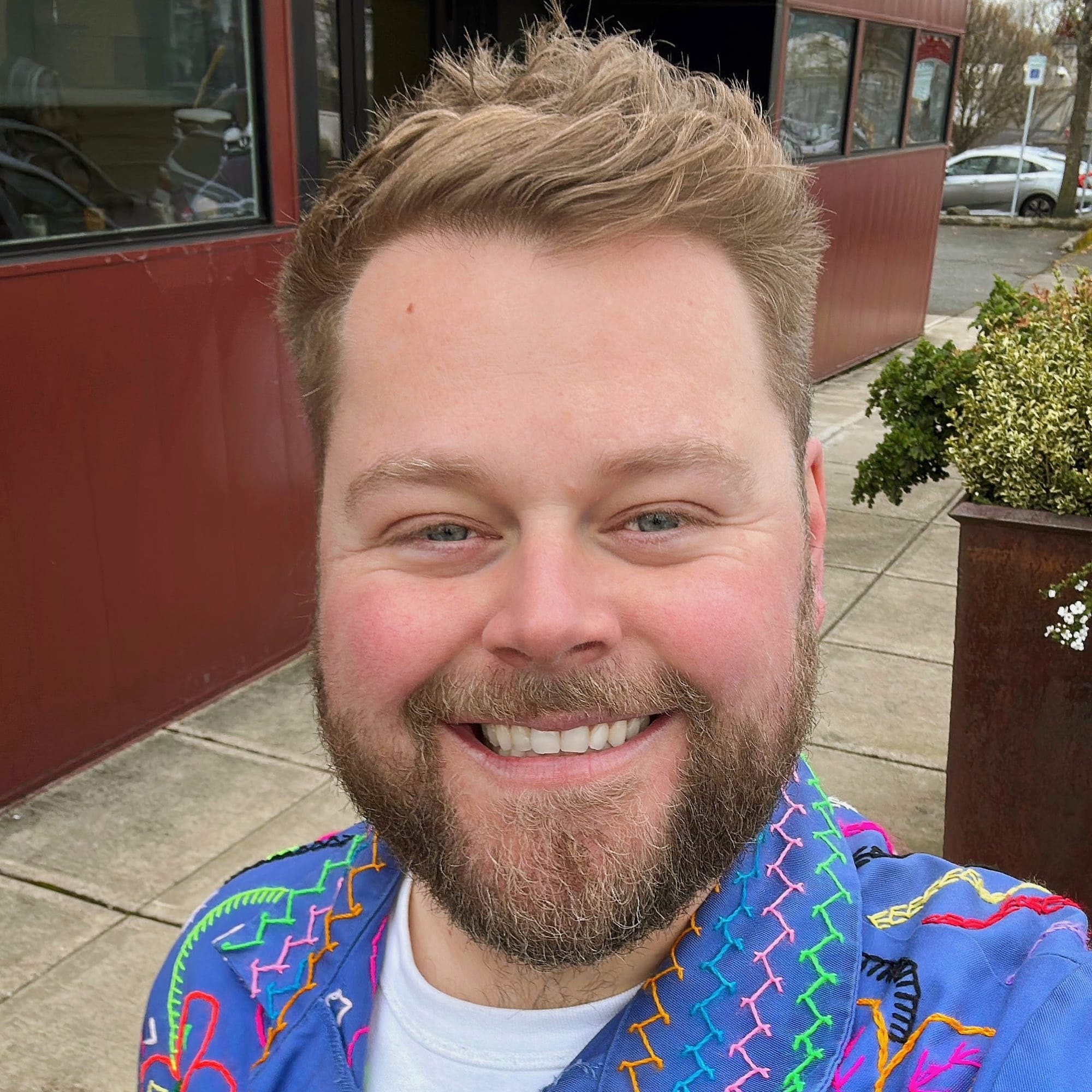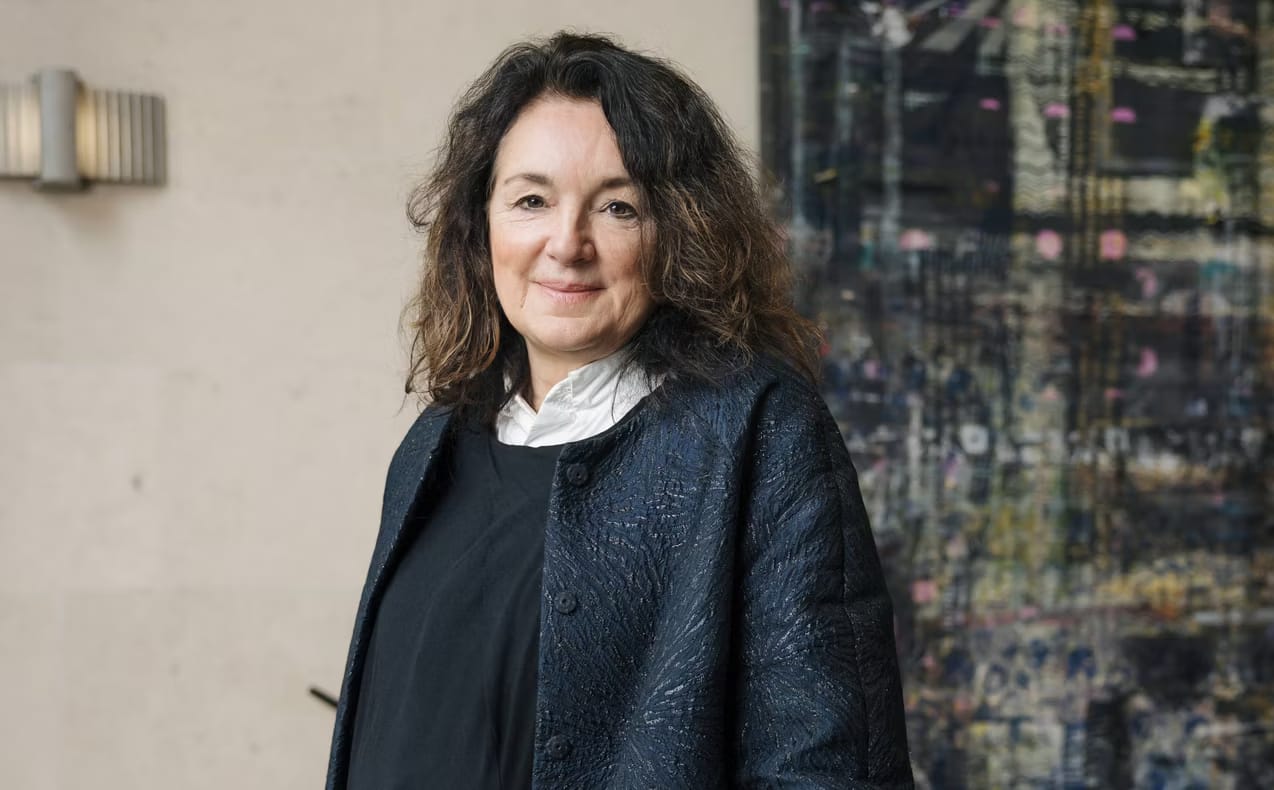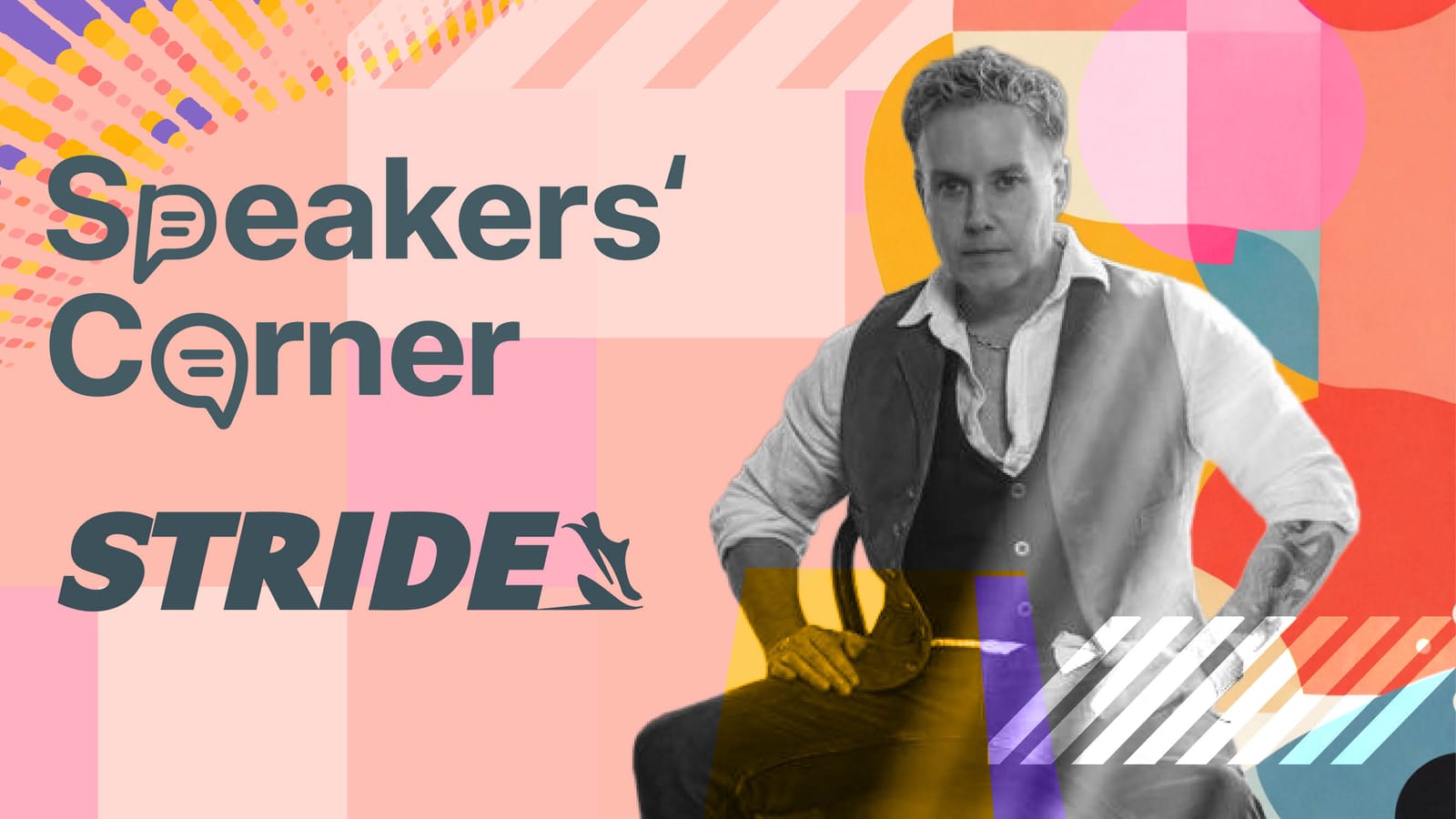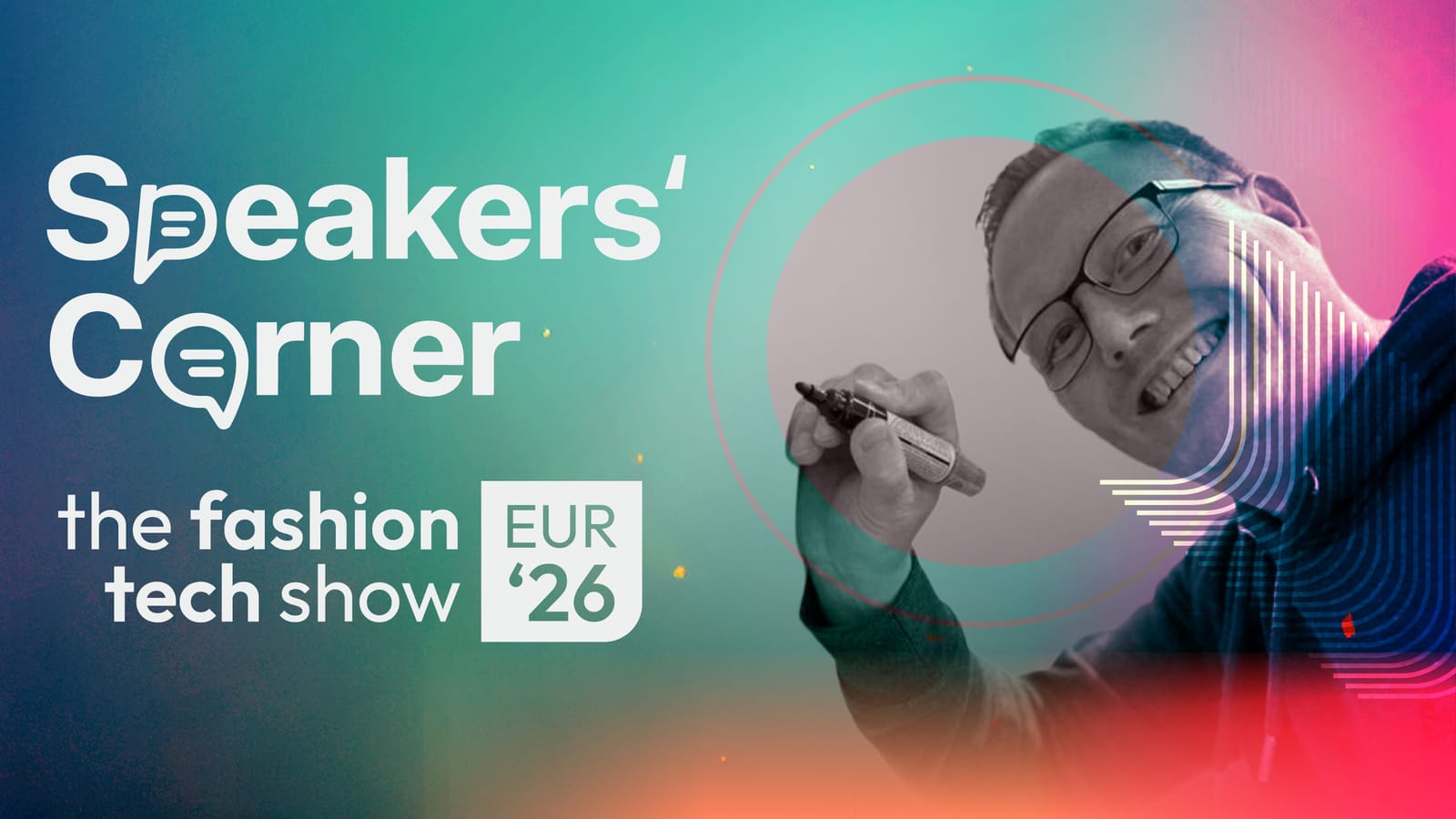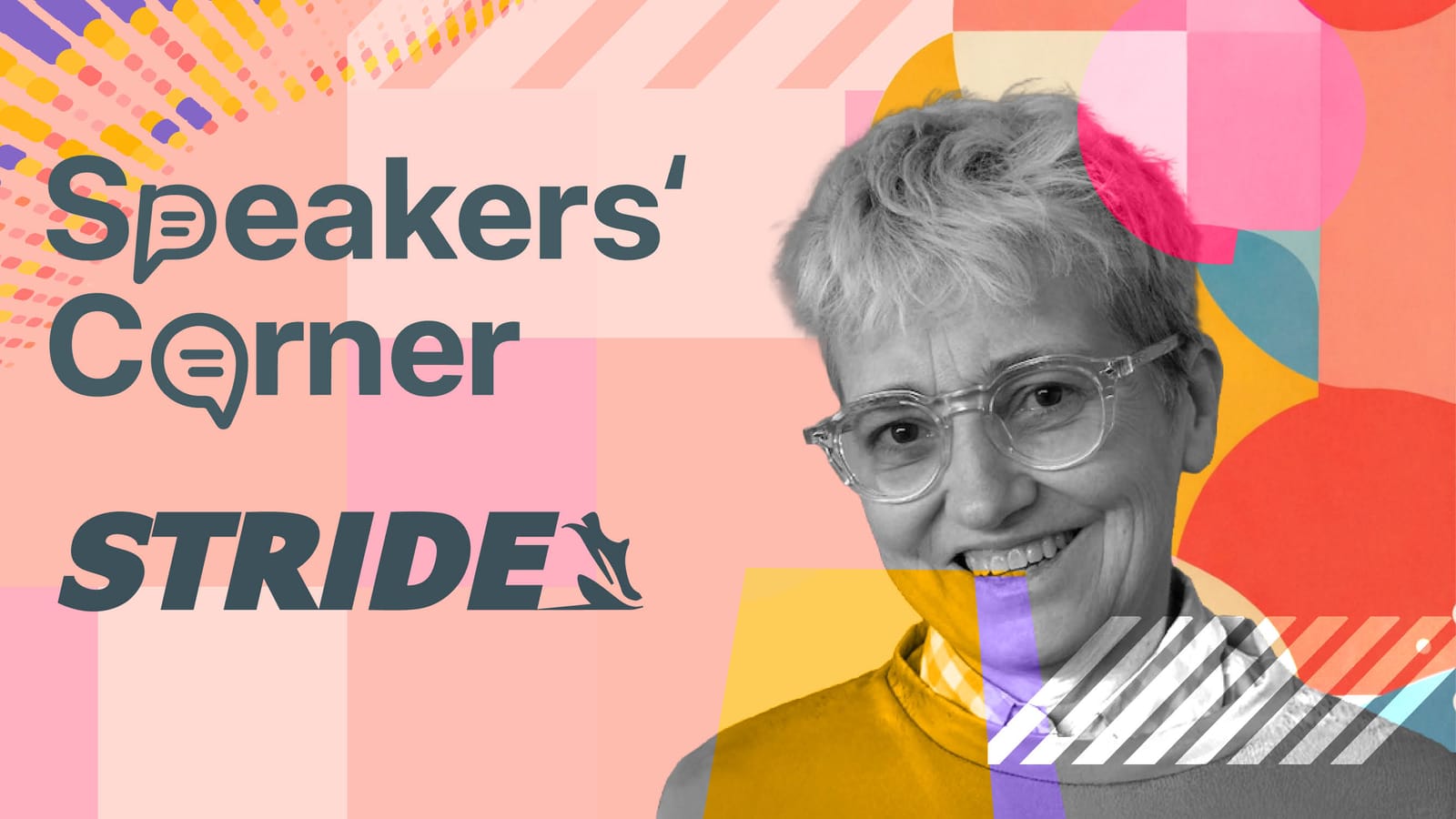As the Netherlands’ largest and most interdisciplinary fashion school, the Amsterdam Fashion Institute (AMFI) blends creativity, ethical innovation, and a holistic approach to prepare students for a rapidly evolving industry. I recently attended both their Graduation Catwalk event and AMFI Next - a showcase of graduate work from across their three fashion programmes - and saw that creativity and innovation firsthand.
In this edition of Fashion Futures, we spotlight José Teunissen, AMFI’s Director and a globally respected figure whose career bridges cultural criticism, museum curation, academia, and industry partnerships. In a wide-ranging conversation, José shares how she’s steering AMFI to not just keep pace with fashion’s transformation - but to actively reshape it.
With that, 'Fashion Futures: AMFI, Class in Session' is officially underway...
🎥 Watch the full video interview below!
Don’t have time to watch the full video? Scroll down for a summary of key takeaways and noteworthy quotes.
Key Takeaways
1. Fashion as a cultural force - and a system in urgent transition
José’s passion for fashion began with a fascination for its role in society. “I’ve always been interested in fashion as a cultural phenomenon - always looking to the future, questioning what exactly fashion is, and what new things are on the horizon as the system changes,” she explained. Her path - which includes film studies, buying for Dutch museums, broadcasting and Europe’s first professorships in fashion theory - reflects a commitment to situating fashion in a broader cultural, ethical, and critical context. That perspective now underpins how she leads AMFI: as an institution deeply attuned to the seismic shifts reshaping the industry.
2. Preparing students for an industry that doesn’t have all the answers
AMFI’s motto of educating “changemakers” isn’t about turning every graduate into an iconoclast, but about giving them the awareness and tools to engage with an industry in flux. “This is an industry in transition - it needs systematic change,” José said. “Students must understand there isn’t always a solution yet. They’re part of finding it.”
💥 Quick Hit: José is clear that students will also encounter industry walls.
When they bring groundbreaking ideas, they have to be ready for resistance. That’s why we train soft skills and cross-discipline collaboration just as much as design or data - so they can navigate real-world friction.
3. A curriculum constantly in motion - merging digital and craft
From piloting courses that blend digital pattern-cutting with traditional techniques to building digital labs and climate-focused material libraries, AMFI is continually evolving its curriculum to mirror real-world shifts. “It’s about finding balance,” José noted. “Digital tools keep advancing, but deep material knowledge and craft remain essential.”
⚙️ Quick Hit: AMFI isn’t just reshaping students — they’re actively upskilling their own faculty with intensive programmes in sustainability and digital.
We train the trainers, so the classroom evolves with the world, not behind it.
4. Building industry-ready confidence and resilience
Being “industry-ready” means more than technical chops. For José, it’s about cultivating emotional intelligence; knowing when to push and when to protect yourself. “They need enough self-esteem to see they have something valuable to offer, without overestimating they’ll change everything overnight. And they need clear boundaries, because fashion is demanding.”
5. Leaning into Amsterdam’s circular, collaborative spirit
AMFI’s location within the Amsterdam University of Applied Sciences means students can jump from fashion workshops to engineering prototyping labs, or explore bio-materials alongside architecture peers. This local ecosystem is powered by the city’s rich sustainability-first mindset. “Amsterdam’s small, like a community - it’s easy to find circular labels, local wool makers, or vintage hubs,” José shared.
🌱 Quick Hit: That interdisciplinary spirit is growing. AMFI’s new master’s in Digital Fashion Technology intentionally mixes designers, UX students, and programmers into the same teams, reflecting where industry roles are heading.
6. Keeping doors and conversations wide open
From hosting international skills consortiums to inviting brands like PVH, Adidas, and emerging circular studios into curriculum discussions, AMFI isn’t a silo. “I want to build a lively school, buzzing with projects, events, research, industry partners. A place people want to come, because there’s always something happening.”
🧭 Quick Hit: On AI, José says they’re already experimenting by merging historic museum collections with student designs via machine learning, while writing new rules for responsible use.
It’s moving so fast. We’re figuring out manuals so students know when and how to use it wisely.
7. Shaping Europe’s future skills with AEQUALIS4TCLF
José’s influence stretches far beyond AMFI’s walls. As part of the AEQUALIS4TCLF project under the EU’s Skills Pact, she’s helping define what future textile and fashion jobs look like across Europe; from new roles in circular systems to advanced digital manufacturing. “It’s very concrete work on curriculum and teacher training, but also about policy, so it feeds into national frameworks. That’s how we make sure change sticks.”
As José wrapped up our conversation to head to a graduation ceremony, it was clear she’s building more than a curriculum; she’s nurturing a community that’s open, critical, collaborative, and unafraid to question what fashion could be next.
Connect with José to explore AMFI’s evolving approach to education and to spark new collaborations!
What's Next?
Stay tuned: this is just the first chapter of 'Fashion Futures: AMFI, Class in Session'. In the coming editions, we’ll delve into cutting-edge faculty research and meet the next wave of graduates ready to rewrite fashion’s future.
Get involved: If you’re working on something that pushes fashion forward – from textiles to tooling, pedagogy to policy – we’d love to hear from you as part of our Fashion Futures series!
Editor’s Note: 'Fashion Futures: Class in Session' is a Seamless series that dives into the schools, students, and educators reshaping the industry from the ground up. By exploring pioneering programmes, breakthrough research, and the bold ideas of tomorrow’s talent, we uncover how fashion education is evolving to meet the challenges and opportunities of a radically changing world.

